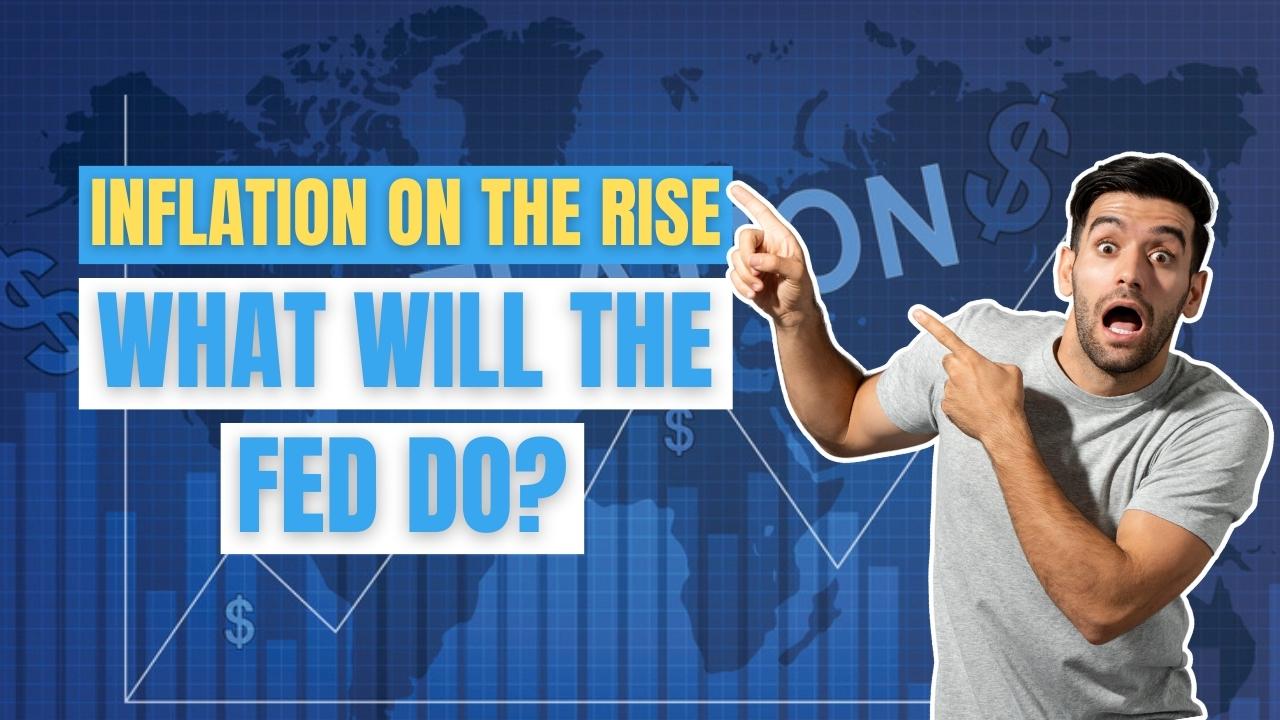INFLATION ON THE RISE: WHAT WILL THE FED DO?
Tuesday, September 19, 2023

INFLATION ON THE RISE: WHAT WILL THE FED DO?
TODAY'S HOT NEWS
The latest report on Personal Consumption Expenditures (PCE) showed prices climbing by 0.3% from last month, an expected but still potentially concerning increase in inflation as the Federal Reserve mulls its next move on interest rates.
The PCE index, which is the Fed’s preferred measure of inflation, came in at 3.3% year-over-year, with core inflation (excluding food and energy) at 4.2%.
After peaking at 7% last summer, the small increase is far from a major relapse, as most economists have agreed that inflation is still on the right track. Investors were also unfazed by the move, with all three major indexes up in early trading following the report.
But with Fed Chair Jerome Powell adamant about reaching 2% inflation, any uptick could push the central bank to raise rates further—something that would dampen an already sluggish real estate market that has slumped under the weight of 7% mortgage rates.
Harvard economist Jason Furman also said on X (formerly known as Twitter) that the report still constituted a “steady slowdown” in inflation, and argued that the Fed shouldn’t raise rates as long as the current trajectory is maintained.
“I continue to think that wage growth suggests a higher underlying inflation rate than we’re just seeing in the price data. So expect some pickup in core inflation to the 3 %- 3.5% range,” he wrote. “And the last mile could be harder. But, this is all going pretty well for now.”
Eric Rosengren, former president and CEO of the Boston Fed and visiting scholar at MIT, highlighted on X how goods and services have diverged in recent months.
“The dichotomy between services declining gradually over time and significant declines in goods continues,” he wrote. “(Year-over-year) services (up) 5.2%…while goods (are down) -0.5%.”
While the economy hangs in the balance as further bank woes or labor market losses could still tip the country into a recession, the concern for real estate is much more immediate.
A hawkish Fed raising rates again this year, or holding them at restrictive levels for a longer period, could greatly exacerbate already historic affordability and inventory issues.
Last week, Powell told a gathering of policymakers at Jackson Hole that the housing sector “is showing signs of picking back up,” something he said could “warrant further tightening of monetary policy.”
“These uncertainties…complicate our task of balancing the risk of tightening monetary policy too much against the risk of tightening too little,” Powell acknowledged. “Doing too little could allow above-target inflation to become entrenched…(doing) too much could also do unnecessary harm to the economy.”
In Other News
Real Estate professionals will argue all day for the benefit of using an MLS to sellers. What does the data actually say? Do sellers really benefit financially from using the traditional real estate process, even after accounting for commissions paid?According to a new survey conducted jointly by Drexel University and Bright MLS, the answer is, they do—often by a lot. Comparing over three years of on-MLS and off-MLS sales, researchers found that on-MLS properties brought in an average of 15.25% more—and that premium could be increasing.
“When you look at the home prices that a seller got when they listed their home on the MLS…we found that the price premium of on-MLS sales was actually higher during the pandemic and in 2022 than it was before,” says Dr. Lisa Sturtevant, Bright MLS chief economist, who co-authored the study. “(And) we’ll probably see a bit of an increase in 2023.”
In dollars, that premium translated to just over $53,000 for 2022 in Bright’s footprint, and over $63,000 in Q1 2023! Comparing homes with similar characteristics and locations that sold on or off the MLS, the study found these premiums persisted across geography, type of property, price point and time.
But the on-MLS premiums also persisted across all those variations, the survey found—including between rural, suburban and urban areas—meaning that regardless of the specific kind of house the seller is trying to move, MLS transactions are getting a higher price.
“The theory is, if you list a home on the MLS, it gets more eyeballs. You get better offers because you have more people that look at your properties. And we found that that was indeed the case,” Sturtevant says.
We would like to hear from you! If you have any questions, please do not hesitate to contact us. We are always looking forward to hearing from you! We will do our best to reply to you within 24 hours !
